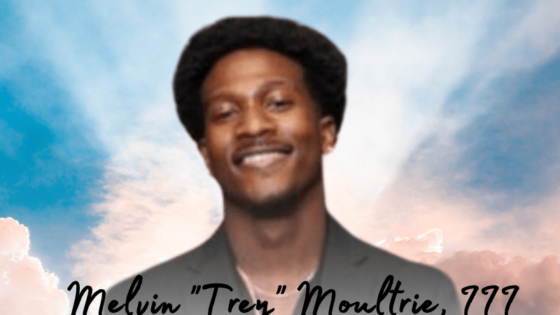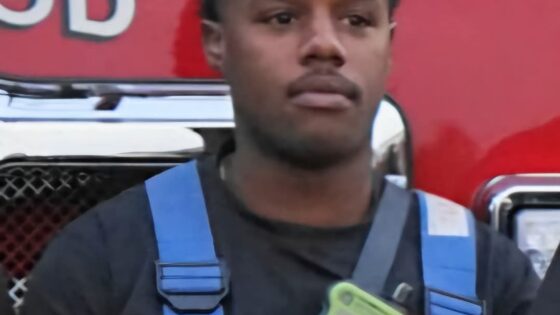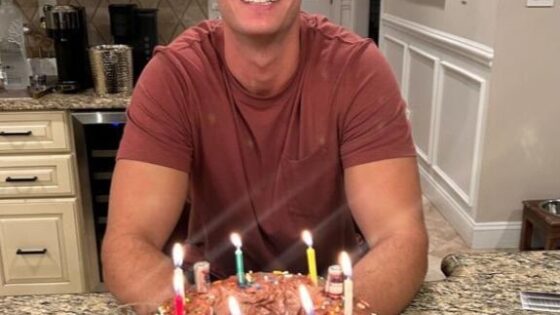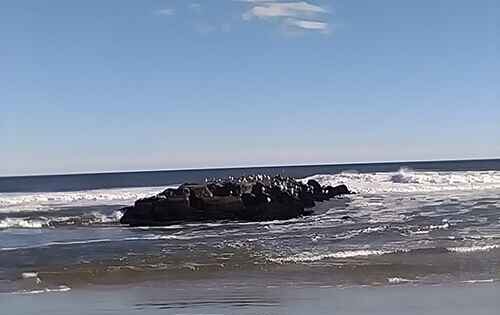December 7th, 1941, a date which will live in infamy, the United States was suddenly and deliberately attacked by naval and air forces of the Empire of Japan. (Franklin Roosevelt’s Infamy Speech December 8, 1941)
On December 7th, 2018 the Dr. Martin Luther King Jr. Middle School students and the students in Ghana held a special session remembering the attack on Pearl Harbor that took place 77 years ago. Joining this special session were Wilbur V. Martin, Vietnam veteran, Randy Lynd, Green Beret who served in Desert Strom, the War in Iraq, and the War in Afghanistan, George Reed, Vietnam veteran, and Chris Knight, navy veteran from the Vietnam War.
To begin this session the students in Ghana Jahi Covington, Sagirah Koranteng, Jaanai Bumpus, Niani Caldwell, Esian-Kiki Bumpus, Yesha Caldwell, and Hadassah Koranteng, created a visual presentation regarding the attack of Pearl Harbor. The visual presentation had the Ghana students share their reports in front of a green screen that projected numerous images from December 7th, 1941. The students of Ghana spoke about the overall attack by Japan on the United States that began at 7:53 a.m. for the first strike, 8:55 a.m. for the second strike, and by 9:55 it was all over. During their presentation they also mentioned that Japan made mistakes during their attack which allowed the United States to make a comeback.
After their presentation, the veteran guests spoke about their feelings regarding Pearl Harbor. Chris Knight spoke first. He mentioned how 9/11/01 was very similar to Pearl Harbor because they were both surprise attacks on the United States. He also mentioned that he visited and paid homage to the memorials in Hawaii of the two U.S. navy ships that were destroyed during the attack on Pearl Harbor, the Arizona and the Oklahoma. Chris also shared some information about his service in the navy during the Vietnam War. He served from 1964-1968.
The second veteran who spoke was Randy Lynd. He gave some info about the attack on Pearl Harbor. For instance, he mentioned how during World War II the United States did not want to get involved in the war. However, after the attack on Pearl Harbor, the United States had no choice. Therefore, people were lining up to join the military. Mr. Lynd also mentioned how the Japanese commander who planned the attack on Pearl Harbor, Yamamoto Isoroku, did not want to do this attack because he feared that Japan would wake the sleeping giant, the United States. This statement came true on August 6, 1945 and August 9, 1945 when the atomic bombs were dropped on two Japanese cities, Hiroshima and Nagasaki. On August 6, 1945 the Enola Gay dropped the atomic bomb Little Boy on Hiroshima. Then on August 9, 1945 the Bockscar dropped Fat Man on Nagasaki. Furthermore, Mr. Lynd spoke about how the survivors of the attack on Pearl Harbor would like to have their remains placed inside of the sunken ship, Arizona, so they could be with their fallen comrades.
After Randy Lynd, Wilbur V. Martin spoke about how he was five years old during the attack on Pearl Harbor. He mentioned how food was rationed during the war. Mr. Martin informed the students in Ghana and the Dr. Martin Luther King Jr. Middle School that you were told how much meat and gas you could buy. You were not allowed to go over the limit. Finally, George Reed talked about how when he was a child that after the attack on Pearl Harbor his family had a strong pride for the United States. As a child he was able to sense that pride through his family members who served in the military.
This session reminded me of my masters thesis that I wrote on James Francis Byrnes. In a section of my thesis I have the attack on Pearl Harbor. Here is a section from my thesis: Even though Byrnes was appointed to the U.S. Supreme Court, he continued to manage critical decisions for Roosevelt regarding the circumstances of WWII. When the United States declared war after Japan attacked Pearl Harbor on December 7, 1941, Roosevelt did not hesitate to call on Byrnes for his assistance. Byrnes noted that because of his economic experience, career as congressman and senator, and work on appropriations committees he convinced Roosevelt that he knew a lot about the government. Therefore, he would serve the country better in the Executive Branch than being on the Supreme Court. Roosevelt agreed but he kept Byrnes as a Court Justice.
P.S. Let’s remember our former president and WWII veteran George H. W. Bush and Tuskegee Airman Wilfred DeFour.
Also get well to WWII veteran Lou Parisi.
See Wilbur V. Martin on Project Ghana/Classroom Close-up.










